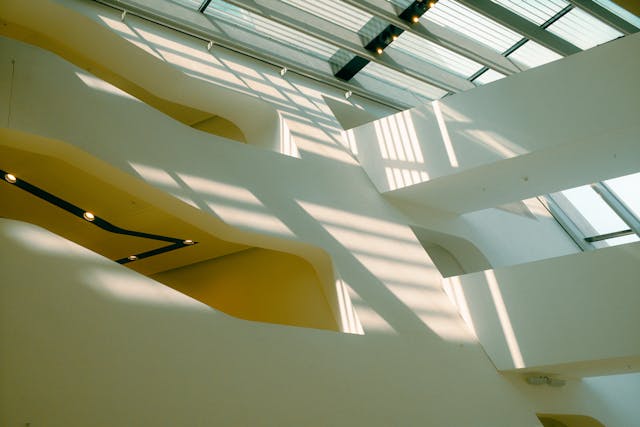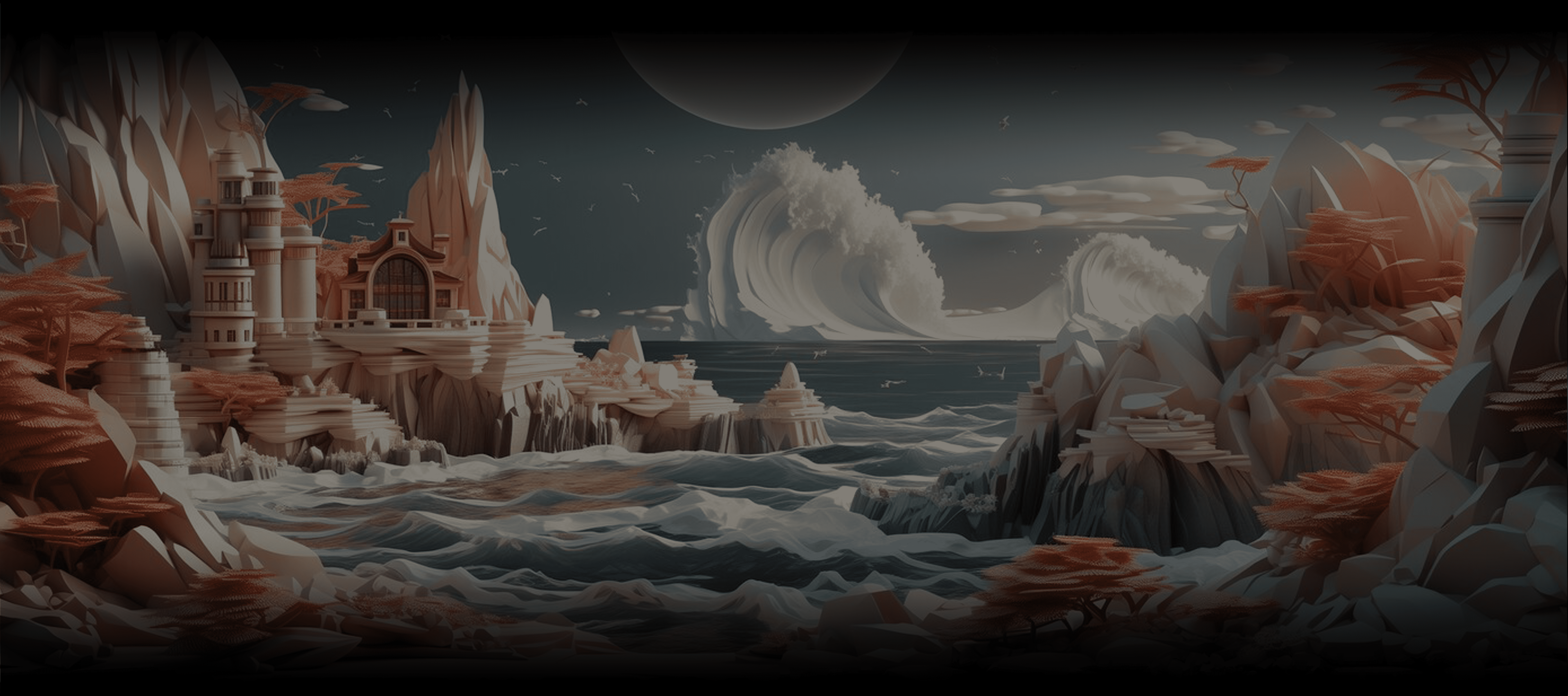3D Printing Dubai
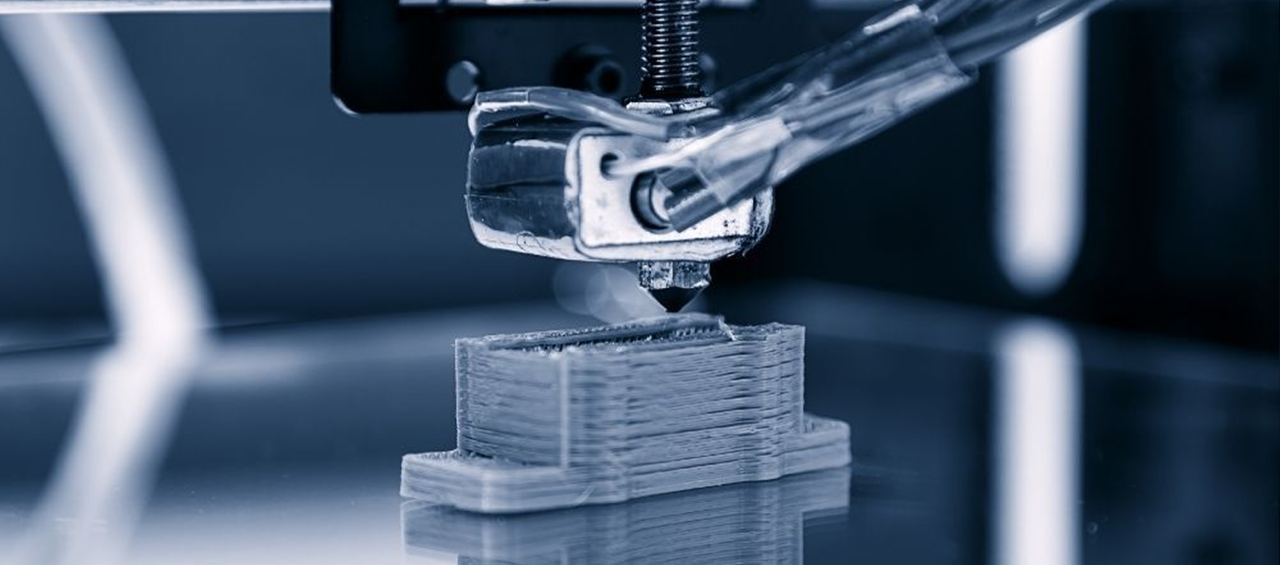
Additive Manufacturing
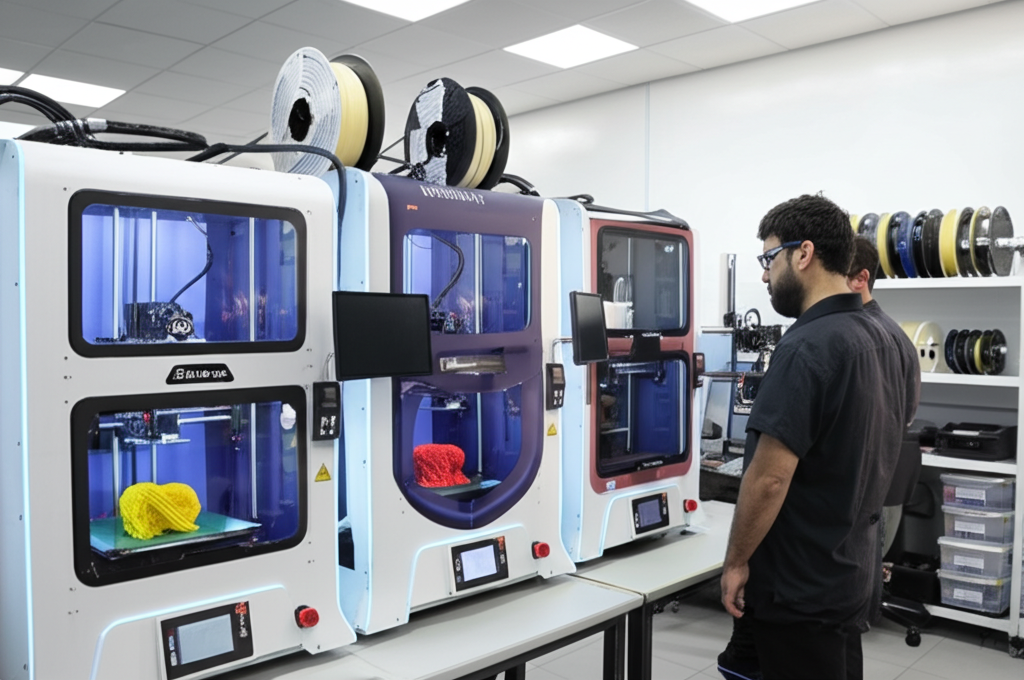
How long does an additive manufacturing project usually take?
Understanding Lead Times in Additive Manufacturing Projects
One of the most significant advantages of additive manufacturing is its ability to produce parts quickly compared to traditional manufacturing methods. However, the exact timeline for an additive manufacturing project depends on several factors that influence each stage of the process.
Typical Project Timeline Breakdown
An additive manufacturing project generally follows these stages, each with its own timeline considerations:
1. Design and File Preparation: 1-3 Days
- Design Creation: If starting from scratch, designing a 3D model typically takes 1-3 days depending on complexity.
- Design Optimization: Modifying existing designs for additive manufacturing usually takes 1-2 days.
- File Preparation: Converting and preparing files for printing (slicing, support generation) takes 2-8 hours.
2. Printing Process: Hours to Days
- Small Parts (FDM/SLA): 2-12 hours depending on size and resolution.
- Medium Parts (FDM/SLA): 12-24 hours.
- Large Parts (FDM/SLA): 1-3 days.
- Metal Printing (DMLS/SLM): Generally 1-5 days depending on size and complexity.
- Batch Production: Multiple parts can often be printed simultaneously, optimizing production time.
3. Post-Processing: Hours to Days
- Support Removal: 30 minutes to several hours depending on complexity.
- Cleaning: 1-2 hours for most processes.
- Curing (for resin prints): 1-2 hours.
- Surface Finishing: 1-3 days for sanding, polishing, painting, or other treatments.
- Heat Treatment (for metals): 1-2 days including processing and cooling.
4. Quality Control: Hours to 1 Day
- Visual Inspection: 30 minutes to 1 hour.
- Dimensional Verification: 1-3 hours.
- Functional Testing: Varies widely based on the part's purpose.
- Documentation: 1-2 hours for standard documentation.
Factors Affecting Lead Time
Several variables can significantly impact the timeline of an additive manufacturing project:
- Part Complexity: Intricate designs with fine details or complex internal structures take longer to print and post-process.
- Size and Volume: Larger parts require more build time, while higher quantities may need multiple print runs.
- Material Selection: Different materials have varying print speeds and post-processing requirements.
- Print Technology: FDM is often faster for rough prototypes, while SLA/DLP provides better detail but may FDM is often faster for rough prototypes, while SLA/DLP provides better detail but may take longer. Metal printing technologies like DMLS and SLM typically have longer build times.
- Machine Availability: High-demand periods may result in print queues that affect turnaround time.
- Finishing Requirements: Advanced finishing techniques like vapor smoothing, painting, or plating add time to the process.
- Quality Standards: Projects requiring stringent quality control or certification testing will have longer lead times.
Typical Total Lead Times by Project Type
Rapid Prototyping
- Simple concept models: 1-2 days
- Functional prototypes: 2-4 days
- Complex assemblies: 4-7 days
End-Use Parts
- Plastic components: 3-5 days
- Metal components: 5-10 days
- Multi-material assemblies: 7-14 days
Small Batch Production
- 10-50 simple parts: 5-10 days
- 10-50 complex parts: 10-15 days
- Custom production runs: Variable
Specialized Projects
- Architectural models: 5-14 days
- Medical applications: 7-14 days
- Aerospace components: 10-21 days
Expediting Your Project
If you need your additive manufacturing project completed more quickly, consider these options:
- Rush Service: Priority scheduling in our production queue (additional fees may apply).
- Design Optimization: Our engineers can help optimize your design for faster printing.
- Technology Selection: We can recommend the fastest appropriate technology for your specific needs.
- Simplified Finishing: Opting for minimal post-processing can significantly reduce lead times.
- Partial Deliveries: For multi-part projects, we can arrange for partial shipments as components are completed.
For the most accurate timeline estimate for your specific project, we recommend contacting our team with your detailed requirements. We can provide a customized quote with expected lead times based on current capacity and your project specifications.
+Gallery

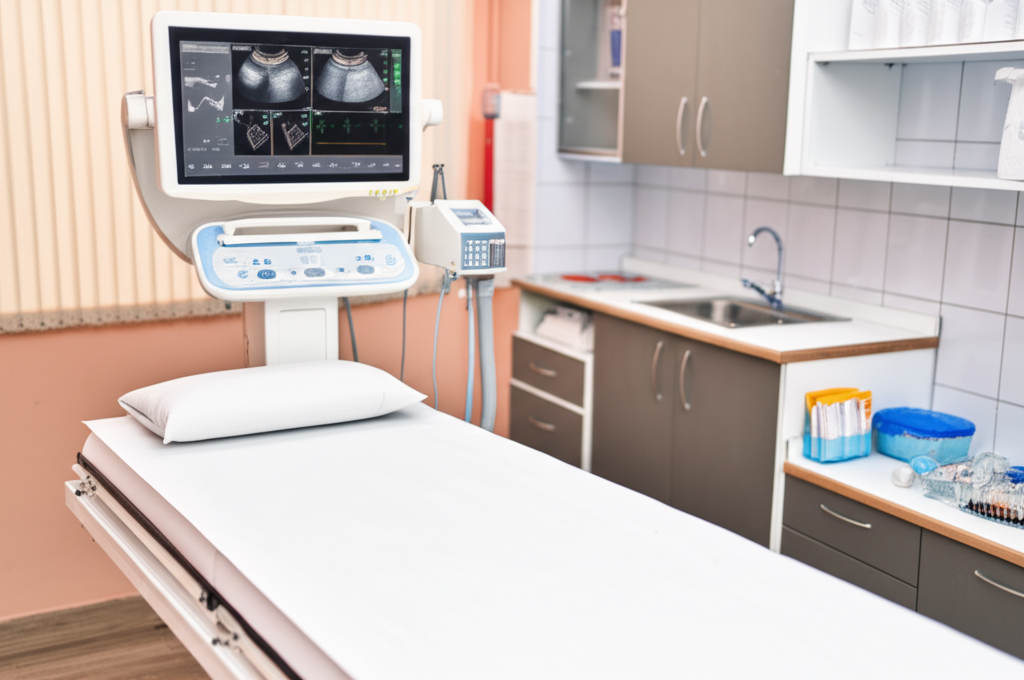
Related Questions

